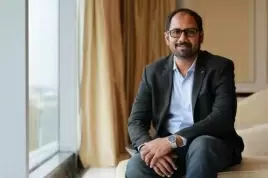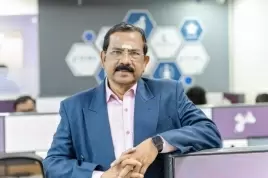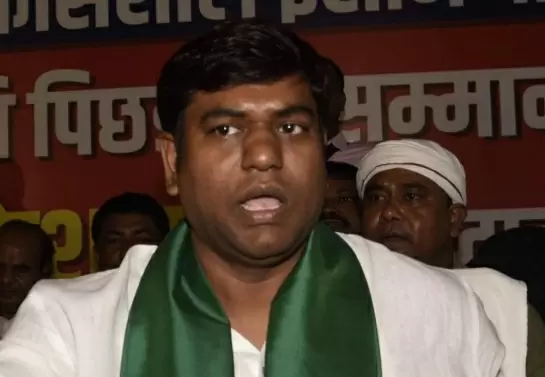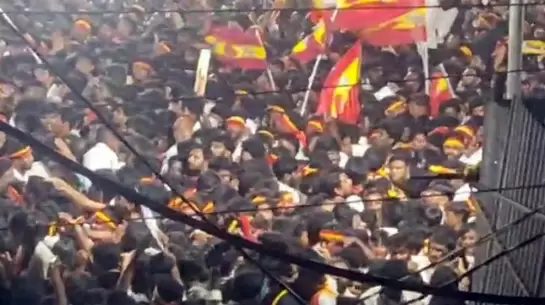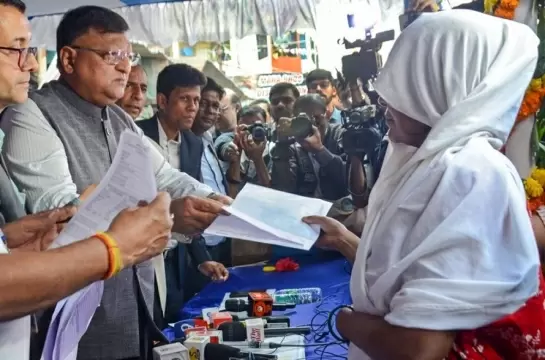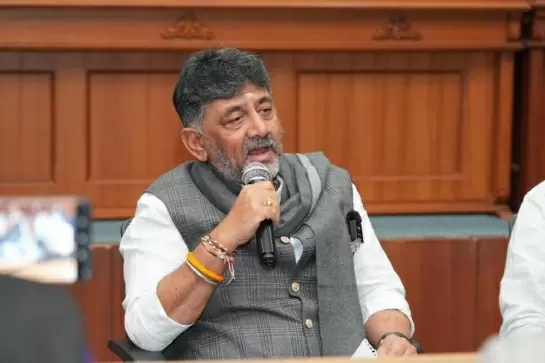Where the government presence is not felt, Rotarians have registered theirs

16-July-2011
Vol 2 | Issue 28
Thirupper village is located about 60 km from Chennai and is surrounded by the backwaters of the Poondi reservoir on all sides. The Poondi reservoir was built across the Kosasthaliayar River in 1942 to supply water to Chennai, which was then called Madras.
On the periphery of Thirupper village flows the gushing Krishna waters into the reservoir. Poondi is where the waters from the Krishna river pour into after travelling miles across Andhra Pradesh through canals constructed under the Telugu Ganga project.
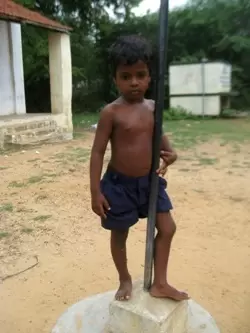 |
|
Santosh is a child in Thirupper who just hung around with us as we were looking around the village school. The Rotarians want to ensure a bright future for children like Santosh in the village
|
There is water all around. But the irony is that the nearly 250 families living in Thirupper face shortage of drinking water.
Water is available only at 250 feet depth in the village. Street taps provide water from the Panchayat tank, but it is available only for 15 minutes every alternate day.
“Our ancestors gave their land for the construction of the dam, but we do not get a drop of the water that is stored in it. The entire water goes to Chennai. We are not allowed to pump out water from the dam either,” says Govindaraj, a former president of the local panchayat.
There is little sign of government presence in this village. The only primary school here is in a dilapidated state. The campus is weeded and the school lacks a proper toilet.
However, the good news is that the village has been adopted by some kind-hearted people from Chennai, who have been doing community service here under the auspices of the Rotary Club of Thiruvanmyur.
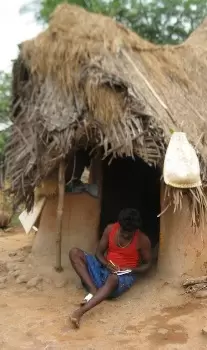 |
|
Venkatesan, an Irula youth, signing his autograph for me
|
“We have constructed a deep bore well in the village and we plan to commission it soon. It will take care of the water needs of the village,” says K Kumaran, immediate past president of the Club and a well-known educationist in the city.
The Rotarians have been working in this village for the last three years. They are striving for the uplift of 35 families of Irulas – a scheduled tribe who used to be snake catchers in the past.
“We have been doing silent work without any publicity. The effort is bearing fruit. Our adult education programme among the Irulas was a success. Many of them have learned to put their signature. They use public transport more confidently now and board buses without seeking anyone’s help,” says U Karunanithi, a businessman and an active Rotarian, who drives to the village at least once a week
Venkatesan, an Irula youth, agrees. He takes the notebook from me and writes down his name in Tamil, demonstrating what he has learned from the literacy programme.
As part of its service, the Club conducts periodic medical camps and arranges for cataract surgeries of elderly people. A few months ago, it distributed mango, coconut, papaya, and lemon saplings to each of the Irula families in a bid to initiate them into small scale farming.
“We are planning to build a compound wall and toilet for the school soon,” says Karunanithi.



